
APSTA in brief
The African Peace Support Trainers Association (APSTA) was founded in 2001 as a framework for improving the capacity of peacekeeping training institutions by facilitating the exchange of best practices and capacity development support, and for enhancing the impact of peacekeeping initiatives by the AU and Regional Economic Communities/Regional Mechanisms (RECs/RMs). As a non-profit making organization, APSTA was formally established in 2002 as the African Chapter of the International Association of Peacekeeping Training Centres (IAPTC). The African Peace Support Trainers Association (APSTA) is a non-profit making organization established in 2002 as the African Chapter of the International Association of Peacekeeping Training Centers (IAPTC).
APSTA’s vision statement is that it is the Premier independent Pan-African association promoting a peaceful and stable Africa.
The mission statement is that APSTA exists to facilitate the development of African capacity for peace and security through coordination, advocacy, harmonization and standardization of training, research and policy implementation support among its member institutions.
According to the Articles of Association of APSTA and in line with the Memorandum of Understanding mentioned above, the core roles of APSTA include: standardization and certification of peacekeeping training in Africa; the development of lessons learnt to provide input for the refinement of PSO doctrine and training policy and improvement of the ongoing AU missions; and exchange of information, best practice and research for the enhancement of the equality and efficiency of peacekeeping training. APSTA has a Memorandum of Understanding with the African Union (AU) to support the capacity building of the African Standby Force (ASF).
Functions and Activities
Promote the provision and improvement of PSO training.
Coordinate and standardise PSO training in Africa.
Facilitate collaborative research and publications on the APSA, PSO and peace missions in Africa, including lessons learned and policy implementation support to the AU Commission and RECs/RMs.
Organise public forums to share and exchange information, best practices and discussions on emerging issues and thinking relating to PSO.
Partners and Sponsors
The Association fundamentally relies on partners and partnership to sustain its programmes and activities in support of the African Union capacity development for African Standby Force (ASF) and the entire spectrum of the African Peace and Security Architecture (APSA). The Association remains African Union’s strategic-level coordinating one-stop hub for engagement with partners on capacity building, research and policy implementation in matters of peace and security for the ASF and APSA. This is based on the AU-APSTA MOU and the strength of the Association’s membership which covers the five (5) ASF designated brigades, encompassing the civilian, police and military dimensions. The brigades are spread across the Southern (SADCBRIG), Eastern (EASBRIG), Central (ECCASBRIG), Western (ECOBRIG) and northern (NASBRIG) parts of Africa, and so is the membership of APSTA.
African Standby Forces
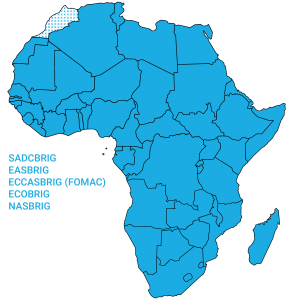
African Standby Forces (SADCBRIG)
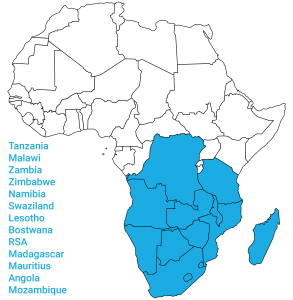
African Standby Forces (EASBRIG)
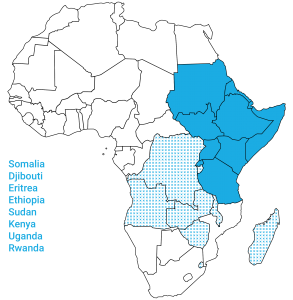
African Standby Forces
ECCASBRIG (FOMAC)
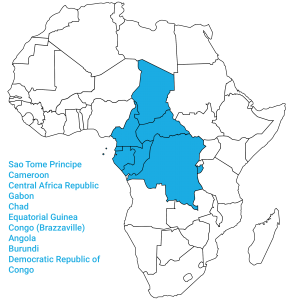
African Standby Forces (ECOBRIG)
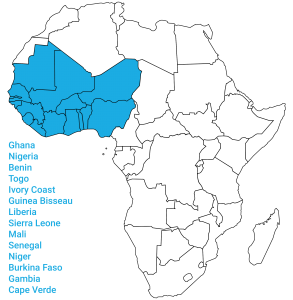
African Standby Forces (NASBRIG)
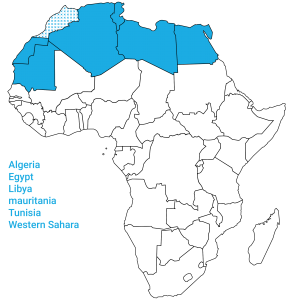
Invitation to Partnership
APSTA remains imperative to continuing efforts towards building African capacity for peace and security through coordination, advocacy, harmonisation, and Standardisation of training, research, and policy implementation support, among member institutions, as well as with key external partners. No other single institution or organization in the entire continent is capable of holistically fulfilling these critical roles for the African Union and Africa. Therefore, today, the Secretariat welcomes partnership with your organization in accordance with our Mission and Objectives. Programmes and activities articulated in the Work Plan 2020 could form the basis for initiating a much anticipated long-term partnership with your esteemed institution or organization.